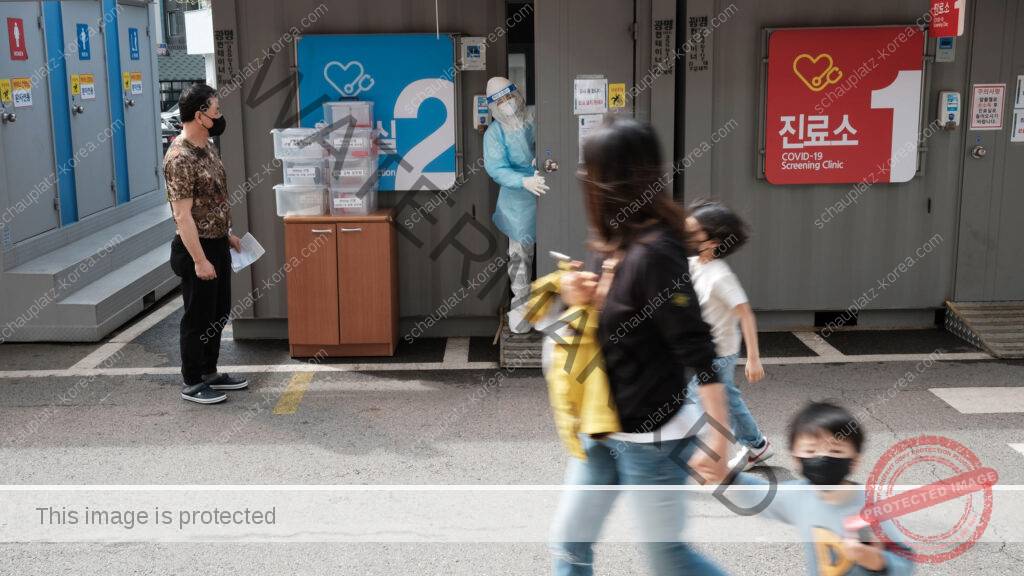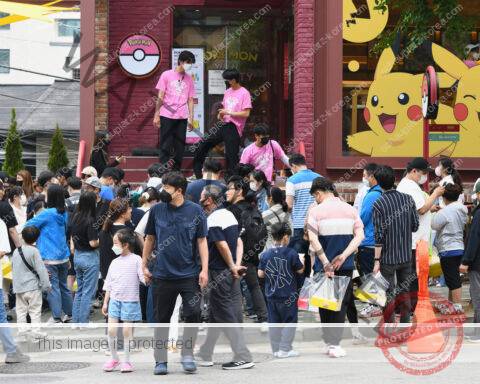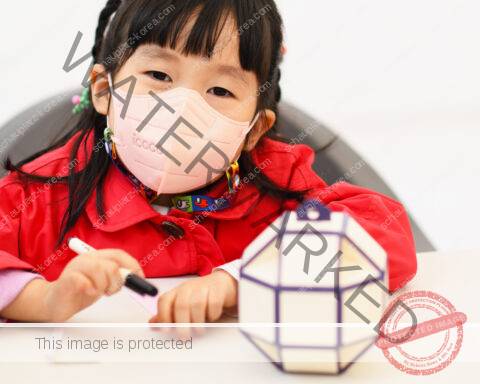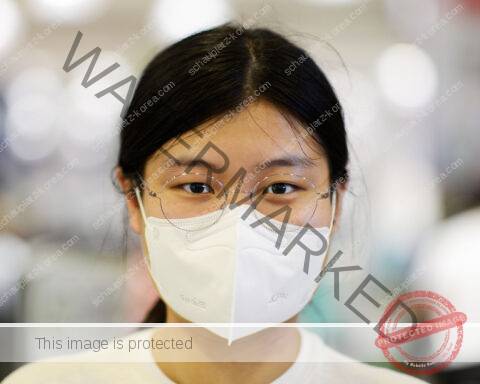Why has the importance of the smartphone increased? I found some surprising answers to these and other questions. In an interview, pharmacist SONG Eun-youg (36) gives me exciting insights into her life. She studied at EHWA Womans University in Seoul and has been working in her profession for over 12 years. In 2018, she opened her first pharmacy in Yongsan/Seoul.
Do you remember how and when you first heard about Covid-19?
Yes, I remember that very well. At the end of 2019, I had a noticeable number of customers from China in my pharmacy. They practically bought my entire stock of masks empty. Individuals asked for up to 200 masks. The fact that people buy masks in Korea is nothing special, since we have days in the winter months when the air quality is not particularly good because of the fine dust. But such large quantities – I have never experienced that before. Although I was surprised about the buying behavior, I didn’t know anything about Corona at that time. It was only a few days later that you could read more and more about the virus from Wuhan in the media.
After that, you drastically increased your stock of masks?
That anyway. Only we had the problem that we couldn’t order enough masks from our key suppliers. But I reacted quickly and switched to other suppliers.

We have a very efficient and well-organized healthcare system here in South Korea.
Eun-young Song, Pharmacist
How did the situation with the masks develop then?
We have a very efficient and well-organized healthcare system here in South Korea. The government quickly had the situation under control and took over the quota of masks. We as a pharmacy were able to order a number of masks allocated to us at a central location.
How did you experience the distribution, the sale of the masks in the first phase?
My pharmacy is located in an office complex of a large cosmetics company with many employees. Even before the store opened at 8 o’clock in the morning, a long queue formed. However, the customers – as you would expect from Koreans – were disciplined and waited in line with the necessary distance. We were only allowed to sell two masks per person at this time. This was also very strictly controlled by the authorities. Everyone who wanted to buy a protective mask had to show his personal ID Card (every Korean has his personal ID Card from the age of 17). The data of the ID Card had to be registered in a central system. This way, we had a clear overview from the very beginning of who had purchased how many masks and where how many masks were in circulation or available.
Good for business?
Not necessarily. Other customers stay away.
Why?
The behavior of many Koreans has inevitably changed. For one thing, home offices have been made mandatory. And the lifestyle has also changed for many. Before Corona, people used to hang out in cafes and bars in the evening, often until the wee hours of the morning. But this was rigorously stopped by the government. For some time bars and cafes were closed completely, since a few weeks they are open again limited, in the evening until 9 pm.

And what do you do in the evening at 9 pm, when everything is closed?
Until now, many Koreans have managed with 4 to 5 hours of sleep. That has changed completely for many with this regulation. Many of my private family and friends tell me that they sleep much longer and are therefore better rested and live healthier. Fewer illnesses are the result and therefore automatically fewer customers for us.
Some schools were also closed?
Yes, there was a phase when schools were also closed and switched to online teaching. I found it positive that the government provided students from poorer backgrounds with laptops and cell phones. This is to create a level playing field for all students, despite Covid 19. After all, education is one of the most important commodities in South Korea.

And how did your life change?
I changed my daily life. I get up at 4:30 a.m. and start the day with a work-out at home or outside, since the fitness centers are sometimes still closed or only open on a limited basis. After a meditation and a tea break, I drive to work. I drive to work. At 07:30 I am at the pharmacy. At the moment, like many Koreans, I move primarily only in places that are familiar to me. So I don’t explore new restaurants or takeaways to avoid the risk of infection. And when I arrive home in the evening, I have my dinner delivered to my house, conveniently via app. My smartphone has become a bit more important to me since then.

Vaccination has also started in Korea. Is a trend back to normal everyday life now already within reach?
I don’t think so. There will certainly be some changes. Online shopping and home delivery services will become even more important in the future. We will probably also have to think a lot more about the climate and living together. There will be a lot of new things, I am sure.





